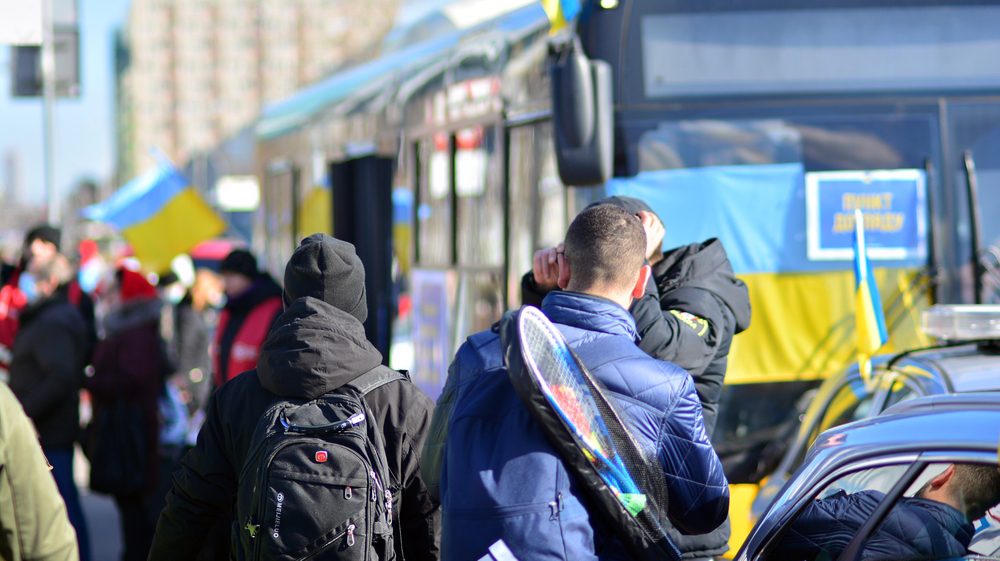After the end of active hostilities and potential accession to the EU, Ukraine will have to compete in the European labor market for Ukrainian labor, which will have access to higher wages. In order to return millions of Ukrainians to their homeland, Ukraine will need to learn from the experience of other countries in reintegrating their compatriots.
For example, in Bosnia and Herzegovina and Kosovo, large-scale programs to encourage the return of refugees were introduced. These programs were not without international assistance, in particular from the World Bank and the EBRD. For example, the amount of official development assistance to Bosnia and Herzegovina in the period 1996-2004 reached $6.8 billion, which was almost twice the country’s annual GDP in 1996.
The reintegration programs in Bosnia and Herzegovina for migrants included: assistance for the restoration of destroyed housing, humanitarian and financial assistance for current needs, job search, medical services and social assistance. The $18 million Saving Microbusinesses, a Local Initiative project provided 10,000 microbusinesses with a budget of $10 million. small loans for microbusinesses and income-generating activities.
Ukraine could benefit from the experience of Poland, which has a youth support policy using EU funds. To prevent young Poles from leaving to work in other EU countries, Poland has a system of tax reductions and even temporary exemptions, additional benefits and social payments for young people who start their own businesses in Poland. As part of the “Good Start” program, parents whose children study at a Polish school receive a one-time allowance of 300 zlotys to prepare for the new school year and purchase school supplies. The favorable system of student loans for education, which is partially subsidized by the state, also convinces many to stay in Poland. For some citizens, a little assistance from their own state is a convincing enough factor to live in their homeland rather than seek happiness in a foreign country.
European countries also facilitated the return of migrants from the former Yugoslavia. In particular, Denmark provided asylum seekers from Kosovo, who were obliged to return home after the war, with a package of material assistance consisting of food, kitchen items, and small furniture. The average cost of a package per person was 615 euros. Denmark also paid for business and vocational training courses after he returned to Kosovo.
According to IMF estimates, accepting migrants from Ukraine cost the European Union approximately 30-37 billion euros. This is more than the total international financial assistance that Ukraine received from its partners in 2022. This also means that European countries are interested in helping to finance the return of Ukrainian migrants.
Ukraine will need to learn from the experience of large-scale social programs, which, unfortunately, will be a waste of budget funds instead of investing them in the economy and defense. Ukraine will have to choose between tax cuts to attract investment and business to grow the economy and tax increases to finance defense, large social programs, and encourage the return of refugees. After the war, Ukrainian citizens will have to make the most difficult choice in Ukraine’s political history – to elect politicians who will cope with all these extremely difficult tasks in competition with the European labor market.
According to the Ministry of Economy, over the next 10 years, Ukraine will have to attract an additional 4.5 million people to the labor market. These may be Ukrainians returning home from abroad. Or some experts are already beginning to talk about the possibility of attracting migrants from Asia and Africa. This may partially solve one problem, but it will create a number of new problems for the value-based healthy conservatism of Ukrainian society.
Of course, there is still the option that all our financial problems and programs for returning migrants to Ukraine will be covered by multibillion-dollar reparations from the former Russia.
Author: Valeriy Maydanyuk, political scientist


Leave a Reply